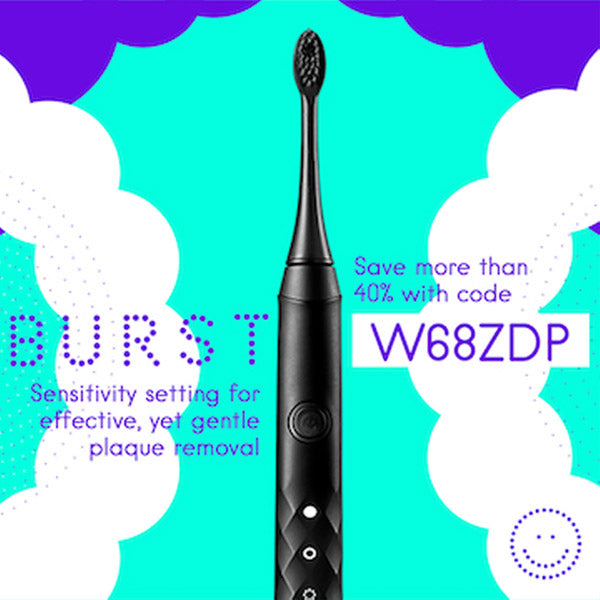Caring For Patients: It's All About Them
A special Thank You to Renita Beeman Sansom, RDH, of Dental Oncology Professionals of North Texas for sharing her expertise with this article!
Cancer. The definition alone says a lot about how most cancer patients feel throughout their treatment. Cancer is defined as the disease caused by an uncontrolled division of abnormal cells in a part of the body. Uncontrolled. Division. Abnormal. These words and feelings are all too real to patients on the cancer journey. The word cancer is a noun, but to many, it feels like a verb: an uncontrolled, divisive, abnormal action word.
Chemotherapy and radiation therapy, especially of the head and neck region, usually result in one or more oral complications. It is important to remember that the oral complications we see are only one of many complications these patients face on a day-to-day basis. Much of this treatment, while saving lives, also causes unwelcome disruption. Imagine a patient who just a few weeks ago was mostly concerned with a career, family life and plans for the future. Suddenly and seemingly overnight, their entire world revolves around doctor appointments, diagnoses, treatments and concerns about life expectancy. All of these adjustments occur when they are likely feeling more weak and frail than at any other time in their life thus far.
Just as cancer, if left untreated, is an uncontrolled division, this new life these patients have been thrust into feels very out of control itself in so many ways. Cancer touches every part of a patient's life; so much so, that just a simple visit to the dentist for a prophylaxis is suddenly not so simple anymore. Recognizing these facts should help us, as caregivers and clinicians, feel not just sympathy, but also a more powerful empathy for our oncology patients. It is certain that, in an experience that has brought much negative, gloomy and otherwise unfavorable news, being treated in a warm, caring environment with responsive caregivers and insightful professionals will not go unnoticed or unappreciated.
As a clinician, you already possess the skills necessary to treat these patients dentally. However, an honest investment of time with this population will not only help patients along this life changing journey, but may also increase your standing within the medical community. Many of these patient's waking hours are spent in reception areas, in chemo infusion rooms and in support groups. Word of mouth referrals are some of the most desired referrals we can receive. There are opportunities every day for a patient to discuss their feeling of being well taken care of and the feeling of genuine concern and compassion they get from your team with other patients or with their medical staff.
Treating oncology patients in the dental office may not be for every practitioner or for every practice. It is necessary to be willing to go down this path of putting extra effort and thought into your appointment times, as well as providing a sense of care and concern for all aspects of their journey.
Renita Beeman Sansom, RDH has been a Texas dental hygienist for 24 years. She has been a part of the practice of Dental Oncology Professionals (Dr. Dennis Abbott) for 12 years. Dental Oncology Professionals is dedicated to meeting the unique dental and oral health care needs of individuals battling various forms of cancer at all stages. She has experience treating patients with oral side effects and complications that can arise as a result of chemotherapy, radiation therapy, and other immunosuppressive treatments such as bone marrow transplants and stem cell transplants. Renita sees both general and oncology patients but has a special feeling for her oncology patients and the emotional, as well as oral needs, they bring to the practice. She enjoys teaching others about the special needs of oncology patients. Dental Oncology Professionals is located in Garland, Texas and can be reached at (972) 226-6947. http://www.dentaloncology.com/




